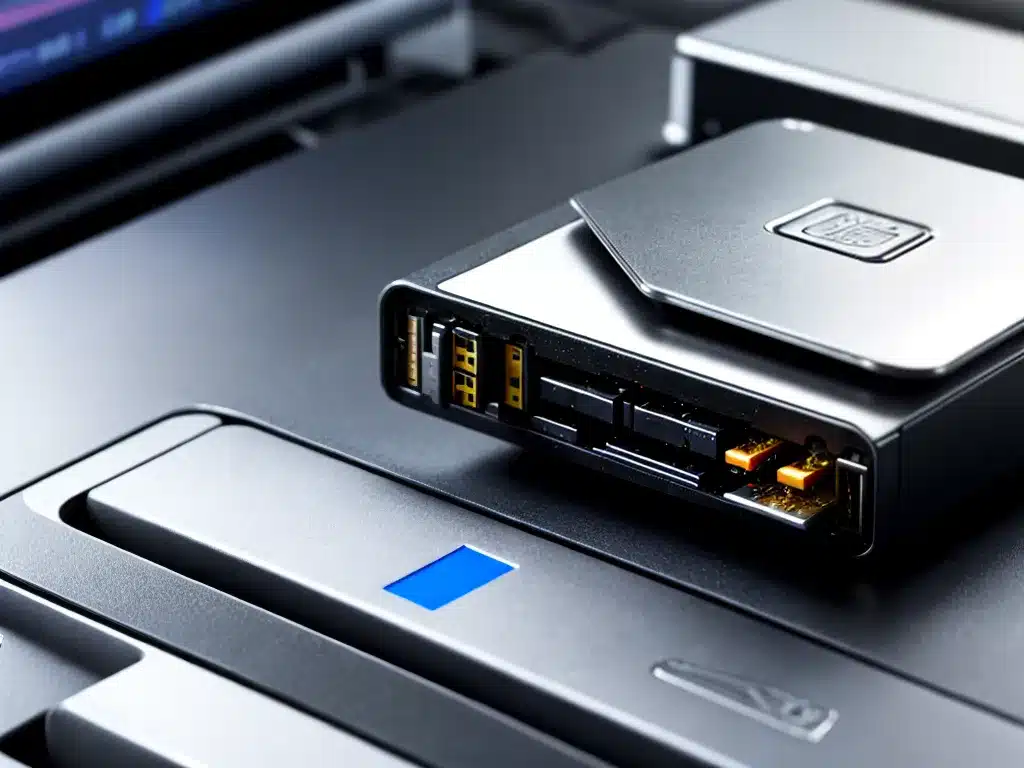
Introduction
Backing up your PC is one of the most important things you can do to protect your files and data. As we rely more and more on our computers, having a proper backup system in place gives me peace of mind knowing that my files are safe.
In this article, I will provide some quick tips on how to back up your PC in 2024. Whether you use Windows, Mac or Linux, the principles are the same.
Why is Backing Up Important?
There are a few key reasons why regularly backing up your computer is essential:
-
Protect against hardware failure – Hard drives can fail unexpectedly, leading to complete data loss if you don’t have a backup.
-
Safeguard against viruses/malware – If your system gets infected by a virus or malware, it could encrypt or delete your files. A backup gives you a clean copy to restore from.
-
Guard against theft/loss – If your laptop or external hard drive gets lost or stolen, you’ll wish you had a backup copy of your files.
-
Undo accidental file deletion – We’ve all deleted files by accident before. Backups let you recover deleted files easily.
-
Archive old projects – Backups provide a way to archive old files that you may still need occasional access to.
Without a proper backup strategy, it’s only a matter of time before you lose important files and folders. Don’t wait until it’s too late!
Backup Options in 2024
There are a few main options I recommend for backing up your PC in 2024:
1. Cloud Backup Services
Cloud backup services like Backblaze, IDrive and Acronis have become incredibly popular in recent years. They automatically backup your files securely online for a monthly/yearly fee.
Benefits:
- Automatic scheduled backups.
- Offsite storage protects against local disasters.
- Access files from anywhere.
- Some include file syncing/sharing capabilities.
Drawbacks:
- Monthly costs for unlimited storage.
- Upload speeds may be slow.
- Privacy concerns with storing data online.
2. External Hard Drives
External hard drives provide a simple local backup solution. They’re inexpensive, fast and give you complete control over your data.
Benefits:
- Faster transfer speeds than cloud backups.
- No recurring costs. Just purchase once.
- Keep backups entirely under your control.
Drawbacks:
- Need to remember to manually backup regularly.
- No offsite protection against local disasters.
- Potential for hardware failure over time.
3. Network Attached Storage (NAS)
NAS devices are dedicated storage devices you can access over your home network. They make it easy to backup all your PCs in one centralized place.
Benefits:
- Consolidate storage from multiple computers.
- Scheduled backups for all connected devices.
- Additional features like media streaming, file sharing, etc.
Drawbacks:
- Upfront investment for hardware.
- Not immune to local disasters like fires or floods.
- Learning curve to set up and manage.
Backup Software
The backup software you use is also an important consideration. Here are some top options:
-
Windows File History – Easy automated file versioning/restore built into Windows.
-
Mac Time Machine – Time Machine offers hourly local backups and is built into Mac OS.
-
Acronis True Image – Offers full system image backups for both Windows and Mac.
-
EaseUS Todo Backup – Affordable and easy all-in-one backup software.
-
Veeam Agent – Popular advanced backup tool for Windows and Mac.
I recommend using the software that comes with your operating system first before looking into paid third-party options. The built-in tools work well for most home users.
Backup Best Practices
Follow these backup best practices to make sure your files are always protected:
-
Back up regularly – How often you backup depends on how much you can afford to lose. Daily or weekly is recommended for most.
-
Automate backups – This avoids the risk of forgetting to manually backup. Most backup software gives you scheduling options.
-
Store backups offline – Keep at least one copy of backups offline and offsite to protect against local disasters.
-
Have multiple backups – Don’t rely on just one backup copy. Have at least two backup copies, with one offsite.
-
Test restoring files – Periodically try restoring files from your backup to confirm the process works when needed.
-
Encrypt backups – Encryption protects your backed up files against unauthorized access.
Conclusion
Regularly backing up your computer should be a core part of your digital security regimen in 2024. Follow the backup tips and best practices outlined in this article to make sure your files and precious memories are never lost due to hardware failure, theft or accidental deletion. Choosing a tried and tested backup solution like cloud backup or external hard drives provides essential peace of mind.












